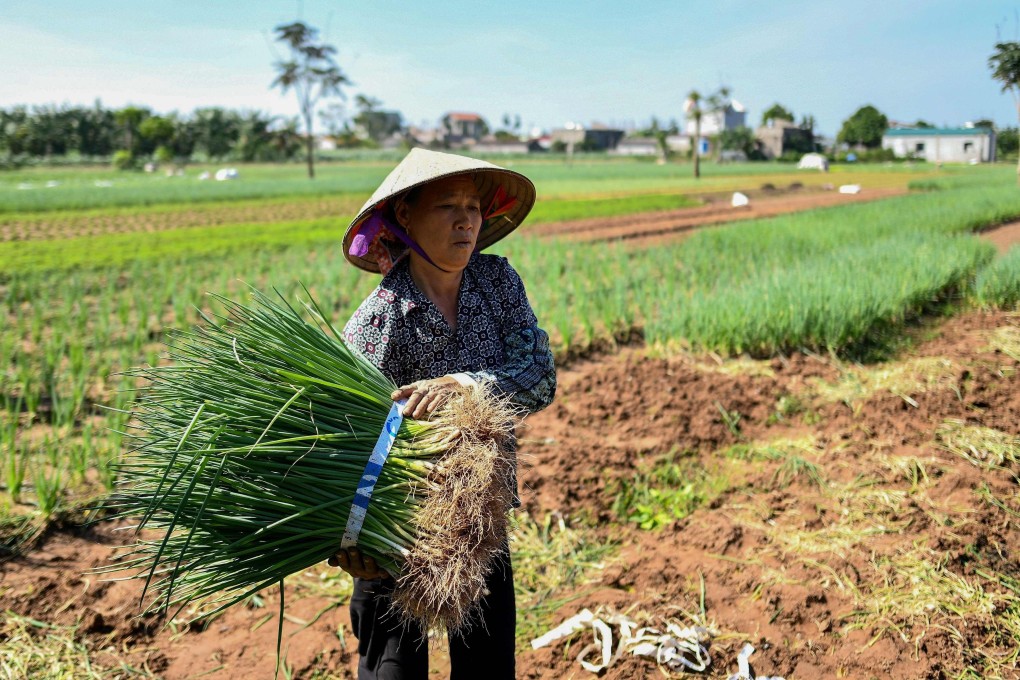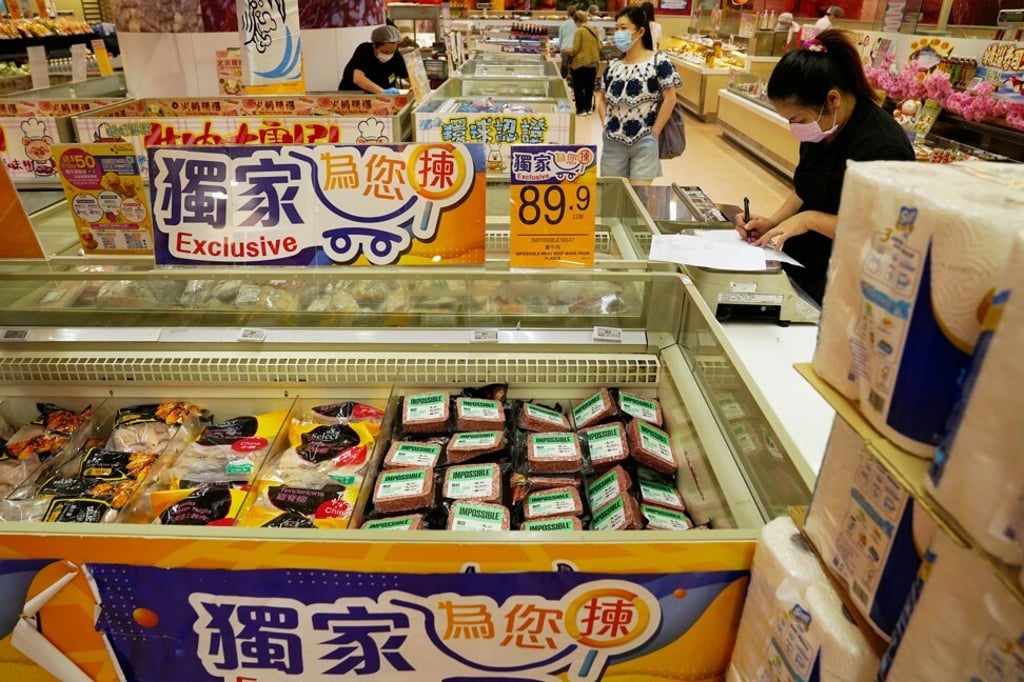Opinion | As Asia’s alternative meat start-ups fight climate change, let’s not forget about small farmers
- From insect-based animal feeds to plant-based protein, innovations can boost food security and reduce carbon emissions
- But we need to consider people too. Rural farmers in Southeast Asia will be most affected by this shift to innovation and could suffer negative consequences

Food and agriculture play a key role in the health of our planet. Our future depends on climate stability, environmental restoration, soil and ocean rehabilitation, social equality and equitable access to health and nutrition.
Having a food system that creates socially just, ecologically safe and regenerative impacts will contribute significantly towards these ends, not least because the food and agriculture sector is responsible for more than a quarter of global greenhouse gas emissions.
Yet, our current food system is not delivering. Asia remains the top region for energy-protein malnutrition, accounting for 70 per cent worldwide, according to researchers from the University of Pennsylvania. At the same time, demand for protein production and consumption continues to grow.
The irony is that in theory, every country across Southeast Asia currently has enough protein available for everyone to consume sufficiently – producing 73g per capita on average, according to the United Nations Food and Agriculture Organization, compared to a daily recommended protein intake of 56g for men and 46g for women.
It is also evident in the increasing scale of meat and aquaculture production in the last two decades. For instance, Southeast Asia produced 15 per cent of the world’s aquaculture in 2014. The growth of industrial animal farming is a big deal for our planet’s future.


